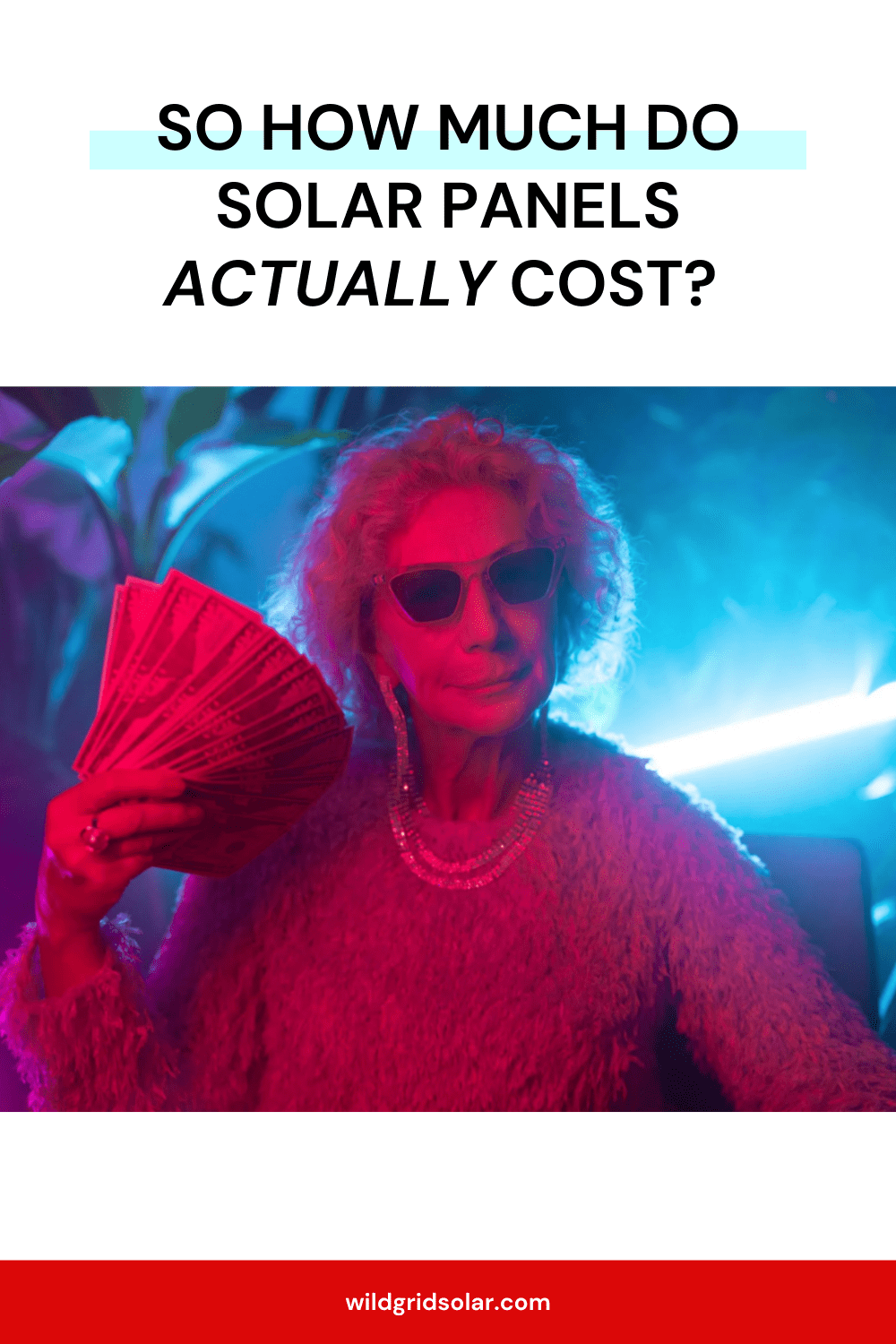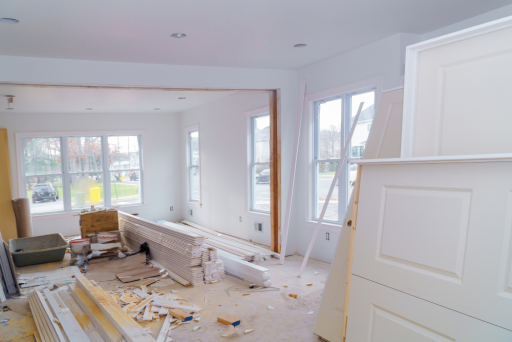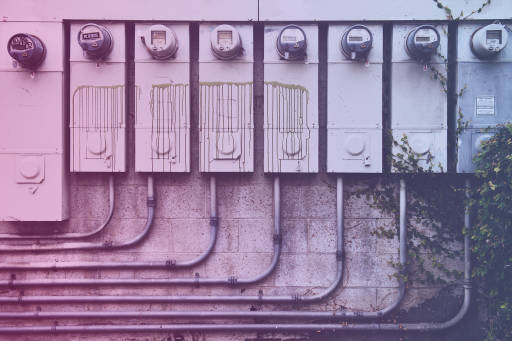So you’ve decided to go solar - great! The obvious question is how much do home solar panels cost?
The unfulfilling but totally true answer is: it depends.
How much home solar panels cost depends on many factors, like your state's solar incentives, your electricity usage, solar components, loan or lease length, etc. Luckily there are options for different budgets. Even better news: you don't need an extra $20,000 lying around to go solar.
Getting started
The first step in answering how much home solar panels cost is deciding whether you want to buy or rent solar panels. Depending on your answer, the process and costs are different.
Not sure which is right for you? 💬 Let's chat.
Once you make that first decision, there are 4 options solar companies may offer.
Option #1: Pay All Cash
When you hear big numbers thrown around when talking solar, you’re likely hearing about the cost of paying cold, hard cash in full. If you have the money for an initial up-front investment, cash may be a great option for you.
How much do home solar panels cost paying cash? $10,000-$30,000+
Pros of cash for solar
- Your electric bill is very low or gone!
- You own the panels forever! No interest payments!
- You get the max federal & state financial incentives.
Cons of cash for solar
- It's a lot of moolah upfront.
Are you a renter or not ready to invest in a full solar array? Learn about the other types of solar available.
Option #2: Get a Loan
If splashing out cash all at once isn’t your style, installers also offer loans that allow you to take on affordable monthly payments that make solar feel a little more accessible!
How much do home solar panels cost with a loan? $0 upfront and then a recurring monthly payment (i.e. $50-$300). Interest rates vary. Length varies (10-25 years).
Pros of a solar loan
- Your electric bill is very low or gone once you go solar!
- You own the panels forever!
- You get the max federal & state financial incentives.
Cons of a solar loan
- Paying interest is never fun.
- Some lenders require a good credit score to qualify.

Option #3: Lease (aka Rent) Solar
Decide you’d rather rent your panels that commit fully to owning them? Solar panel leasing is available and the low up-front cost can feel easier and more affordable at the outset. (Solar leases are similar but different from Power Purchase Agreements (PPA). See more on that below.)
How much do home solar panels cost when leasing? $0 upfront and then a fixed recurring monthly payment (i.e. $50-$200). Length varies, 20-25 years.
Pros of leasing solar
- Your electric bill is very low or gone!
- You don't own the panels, so no maintenance.
- Financing and installation are bundled into one package.
Cons of leasing solar
- You do not own the panels or get any federal & state financial incentives.
- If you decide to move before your lease is up, it gets tricky. Leased solar panels can be a turn-off for potential buyers.
- Your contract will probably have an escalator clause. This means that the price you pay will steadily increase over time.
Option 4: Power Purchase Agreement (PPA)
Never heard of a PPA? Lots of folks haven't. Basically, it's when a customer agrees to host a third-party developer's solar system on their property and then purchases electricity from that system. It’s similar to leasing, but a bit different. Read more details about PPAs on epa.gov.
How much do home solar panels cost when leasing? $0 upfront and then a fixed price per kilowatt-hour (i.e. $0.14/kWh). Length varies, 6-25 years.
Pros of a solar PPA
- You only pay for as much electricity as your system generates.
- Your electric bill will be lower, but will never be gone.
- You don't own the panels, so no maintenance.
Cons of a solar PPA
- You do not own the panels or get any federal & state financial incentives.
- Your contract will probably have an escalator clause. This means that the price you pay will steadily increase over time.
No matter which option you choose, the cost of solar panels is determined by your unique set of circumstances. Reach out for more information or sign up to our newsletter to stay educated about solar ⬇️



